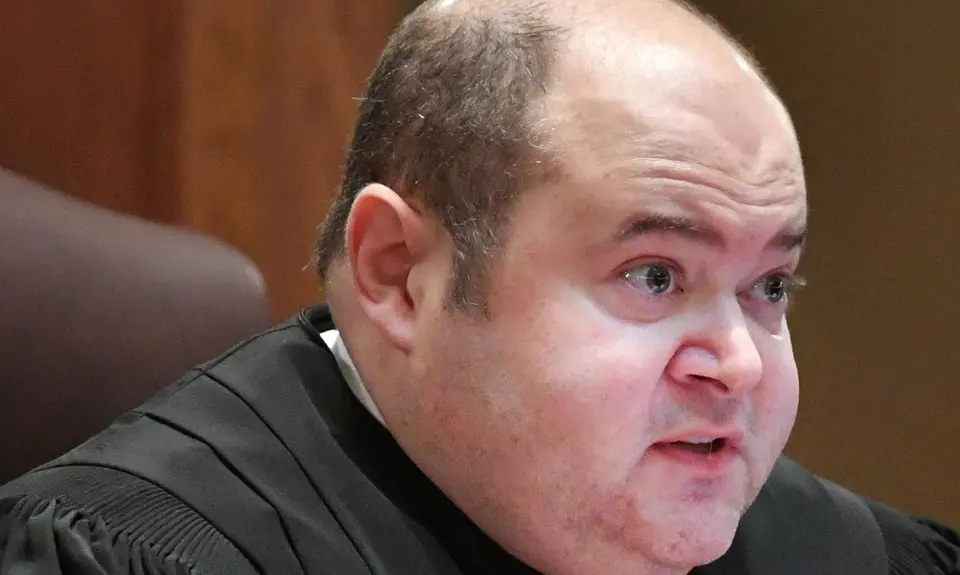“Confirmed Judges, Confirmed Fears” is a blog series documenting the harmful impact of President Trump’s judges on Americans’ rights and liberties. Cases in the series can be found by issue and by judge at this link.
With the support of Trump judges on the court, the Eighth Circuit granted immunity to local officials who released sensitive private information about child incest victims that had been provided with a promise of confidentiality. The June 2020 case was Dillard v. O’Kelley.
The four plaintiffs were members of the Duggar family from the reality TV show “Nineteen Kids and Counting.” A media organization filed a Freedom of Information request with local officials for documents relating to any investigations of the family for sexual abuse. Local officials disclosed records detailing their investigation of incest, which included information that the four plaintiffs had given on a promise of confidentiality. Although there were redactions, there was still enough information to identify the plaintiffs, who then sued for unconstitutional invasion of privacy.
Following circuit precedent, a three-judge panel ruled that the officials did not have qualified immunity from the lawsuit. But upon en banc review, a majority—supported by Trump judges Ralph Erickson, David Stras, Jonathan Kobes, and Steven Grasz—overruled prior caselaw, held that there is no constitutional right to informational privacy, and dismissed the lawsuit.
The Eighth Circuit had made clear in earlier qualified immunity cases that such a right exists, but had never found that a defendant had actually violated that right. The majority opinion (joined by Erickson, Stras, and Kobes) concluded that since no official had never actually been found to violate that right, the right could not be considered as “clearly established” for purposes of qualified immunity. (Judge Grasz concurred separately.)
In a vigorous dissent, Judge Jane Kelly pointed out that the prior cases had made the standard explicit: Disclosure of “highly personal matters representing the most intimate aspects of human affairs,” that is “either a shocking degradation or an egregious humiliation … or a flagrant breach of a pledge of confidentiality,” violates the constitutional right to privacy. The fact that no previous factual scenario had been found to meet “this exacting standard” did not make the standard any less clear to public officials.
The majority also based its decision on an intervening Supreme Court decision. The Eighth Circuit’s privacy precedent had been based on its interpretation of two Supreme Court cases from 1977. Other circuits were split on the issue and in 2011, the Supreme Court had a case in which it “assume[d], without deciding, that the Constitution protects a privacy right of the sort mentioned in” the 1977 cases. In the June 2020 Eighth Circuit case, the majority used this as an excuse to rule that the circuit precedents were wrongly decided.
But as Judge Kelly noted, the 2011 Supreme Court decision had “declined to decide which circuit’s caselaw was correct” and “left the law of each circuit unchanged.” All it did was clarify that the Eighth Circuit precedents were not required by the 1977 cases. A reasonable public official “could not have reasonably concluded that the law in the Eighth Circuit had been changed.”
